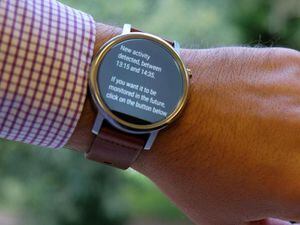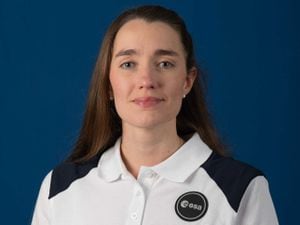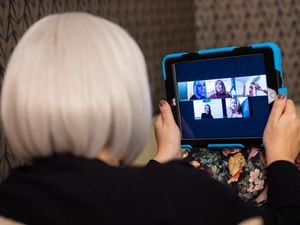A really clever smartwatch that learns your every move could be heading your way
Big Brother watches could soon become a reality.

Big Brother smart watches that monitor virtually every move of the wearer and prevent memory lapses could soon be a reality.
Scientists are working on an artificially intelligent (AI) system that takes the idea of activity tracking to a whole new level.
The new watches will know when a routine task, such as washing the dishes or brushing teeth, has been left undone and provide a “helpful” reminder.
They could serve as memory joggers for the elderly, promote healthy lifestyles, assist in health care, or aid rehabilitation after injury.

Dr Hristijan Gjoreski, from the University of Sussex, said: “The assembly worker usually performs some set of activities in order to assemble the product.
“This kind of device can monitor automatically what the worker is doing and remind him if he forgets to do some sort of activity.”
He added that his group was talking to companies that might be interested in commercially developing the gadget, which could be available in three to five years.
A key difference is that it does not rely on pre-programming. The software is able to learn about new behaviour patterns and identify consecutive episodes of activity, such as unloading the washing machine and then hanging the clothes out to dry.
“If you have a sequence of activities you’re supposed to do, it could remind you of the next step,” said Dr Gjoreski.
“Current activity-recognition systems usually fail because they are limited to recognising a pre-defined set of activities, whereas of course human activities are not limited and change with time.”

The new system would understand that in reality one walk, resuming after each short pause, is being taken.
The research will be discussed at the British Science Festival taking place this week in Brighton, and will also be presented later this month at the International Symposium on Wearable Computers in Hawaii.






